Breaking Barriers: Women of Influence at Santa Monica College
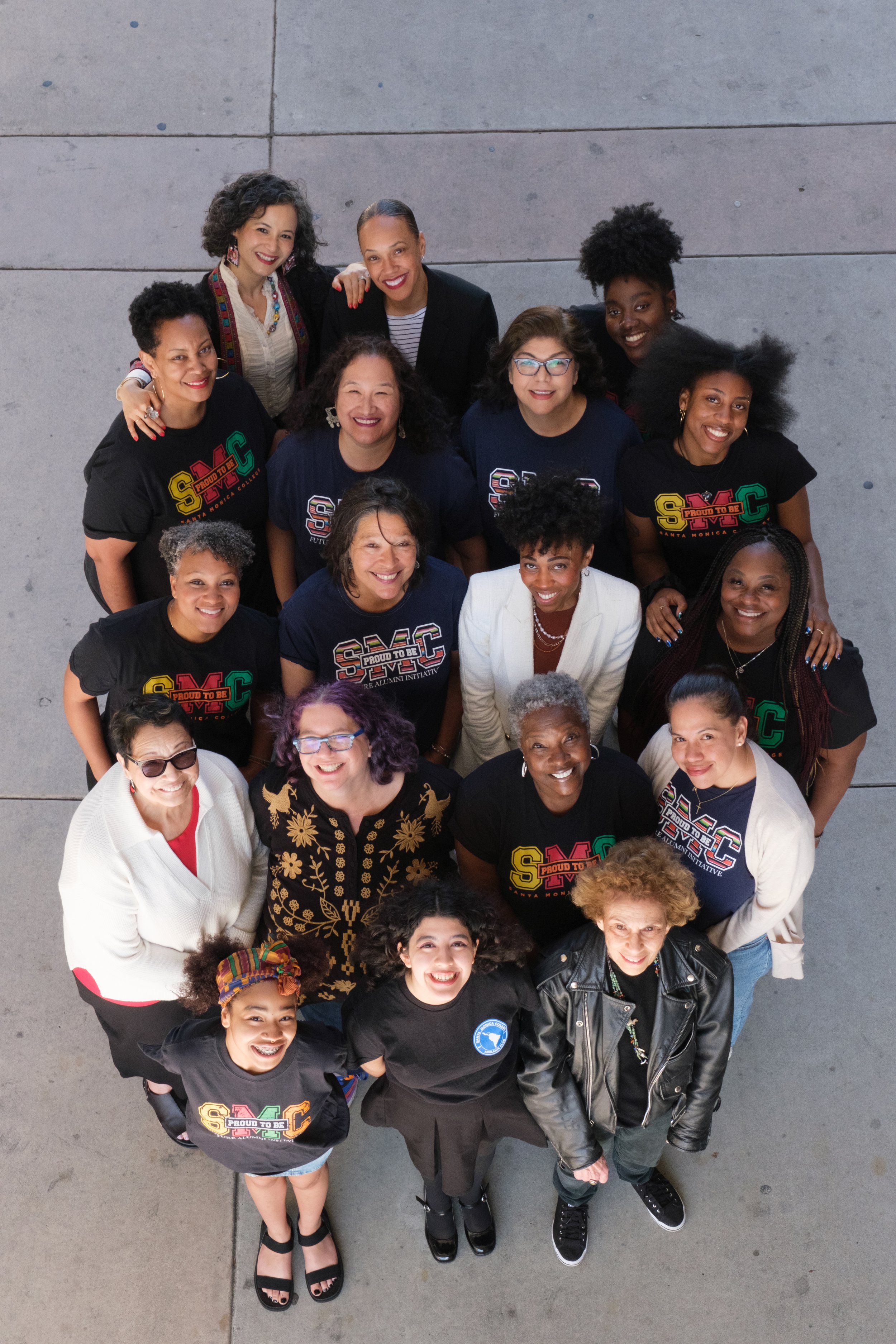
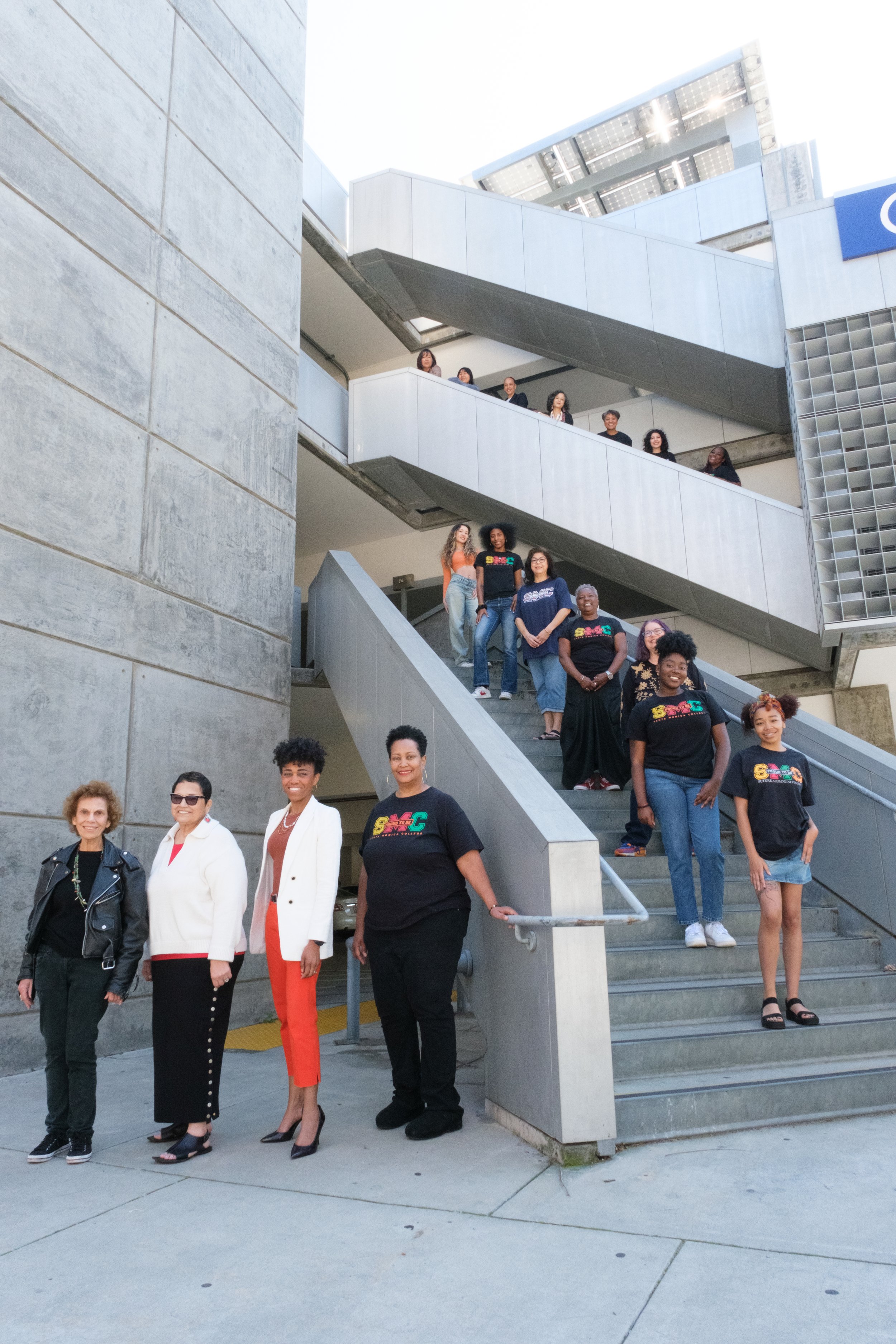
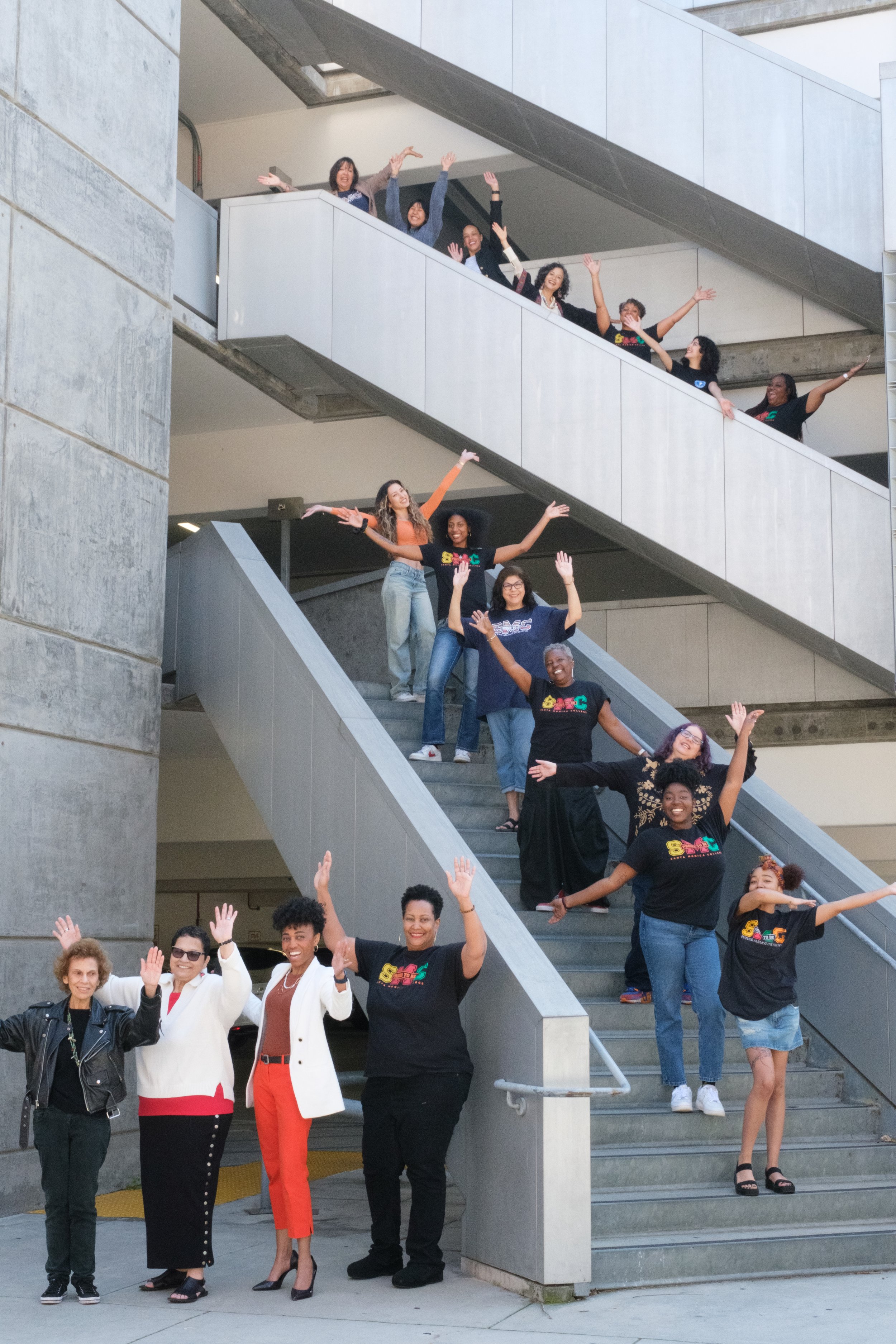
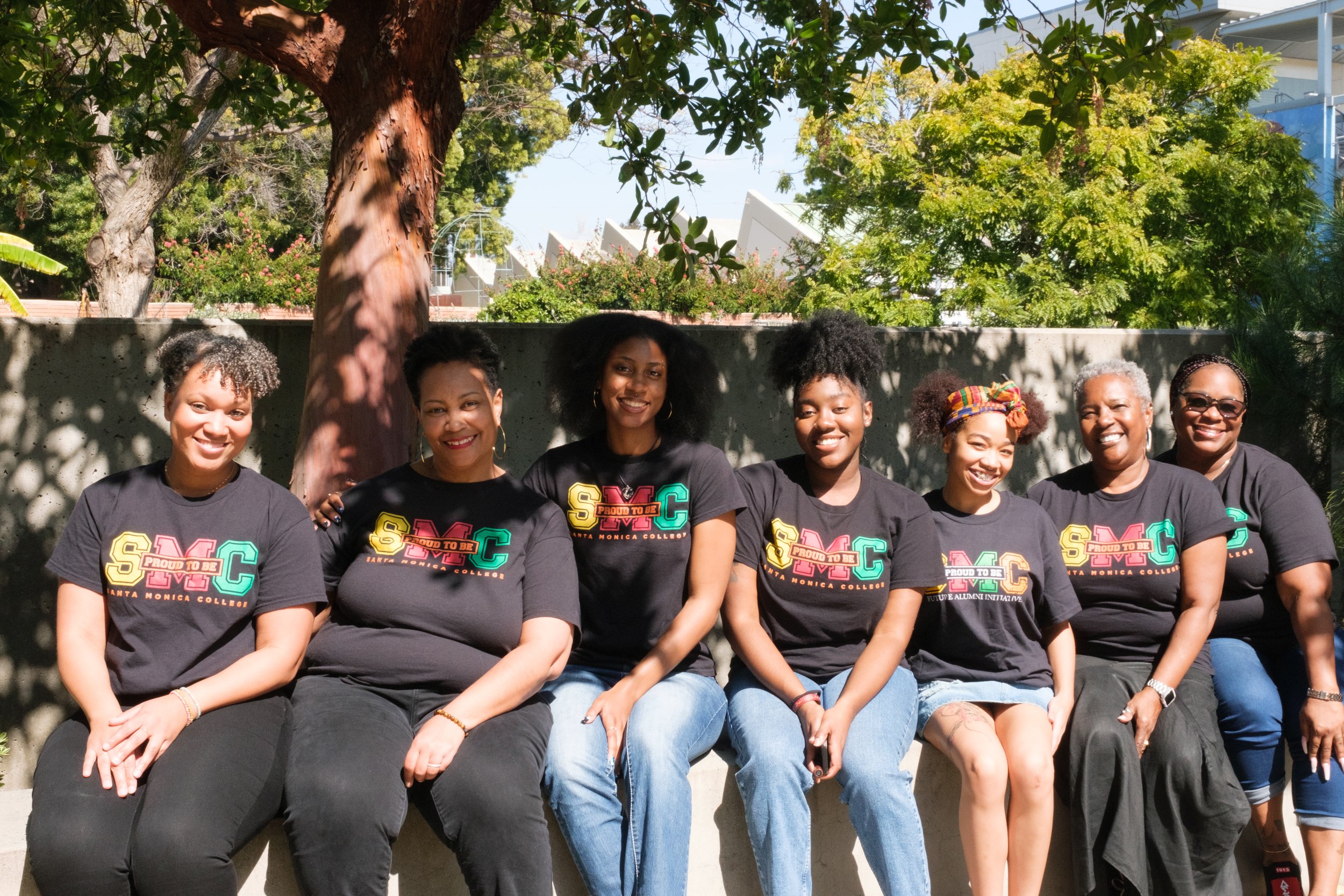
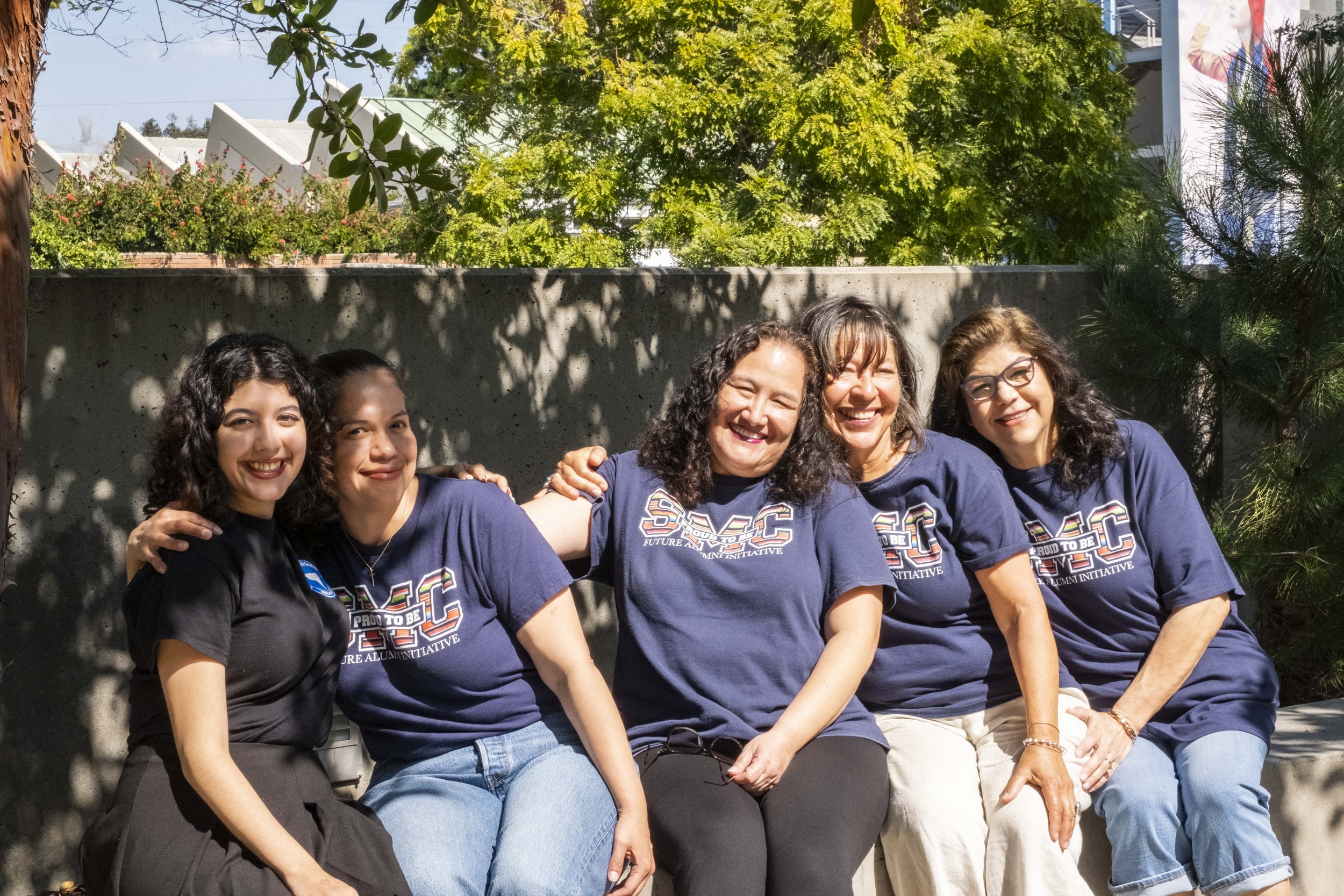
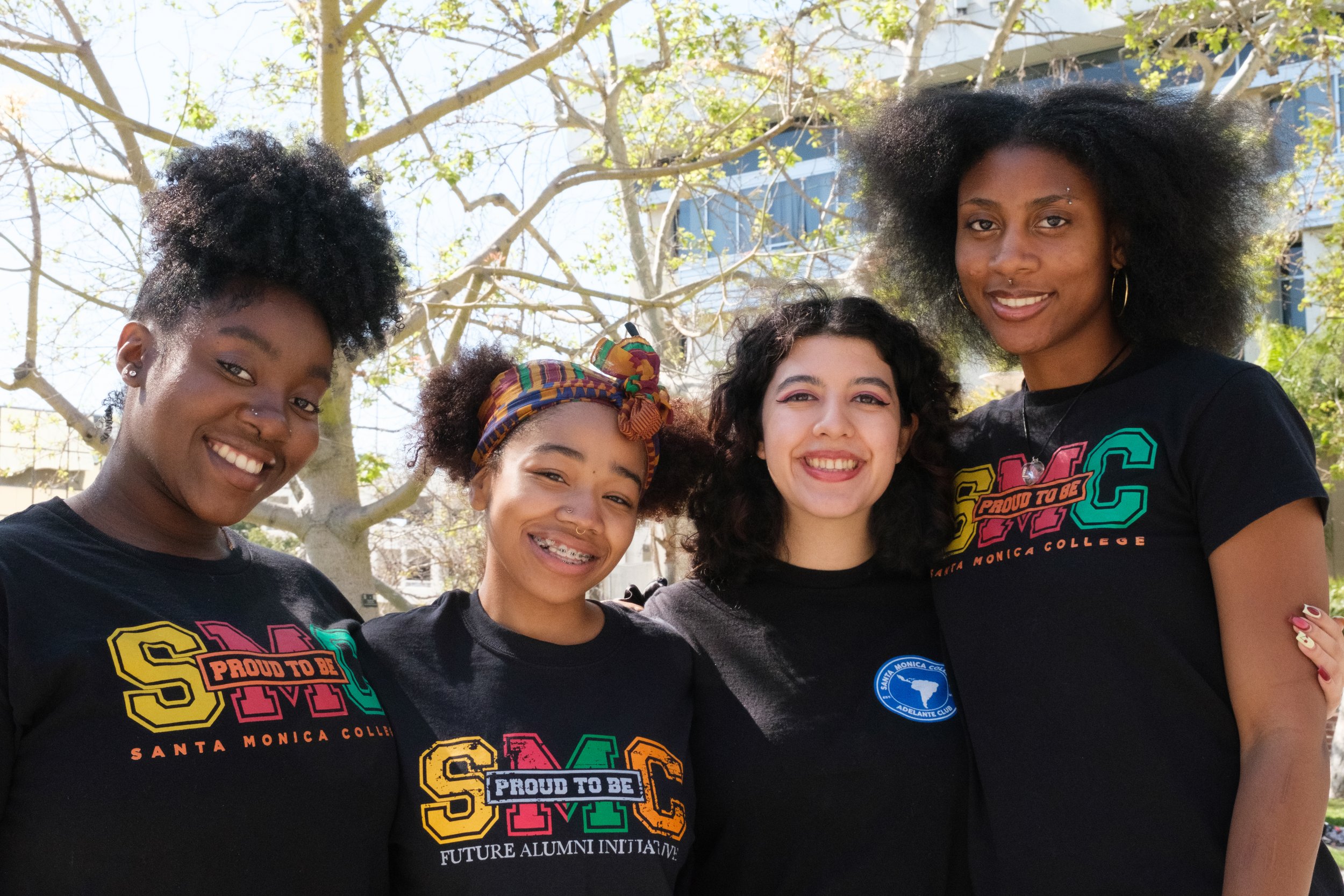
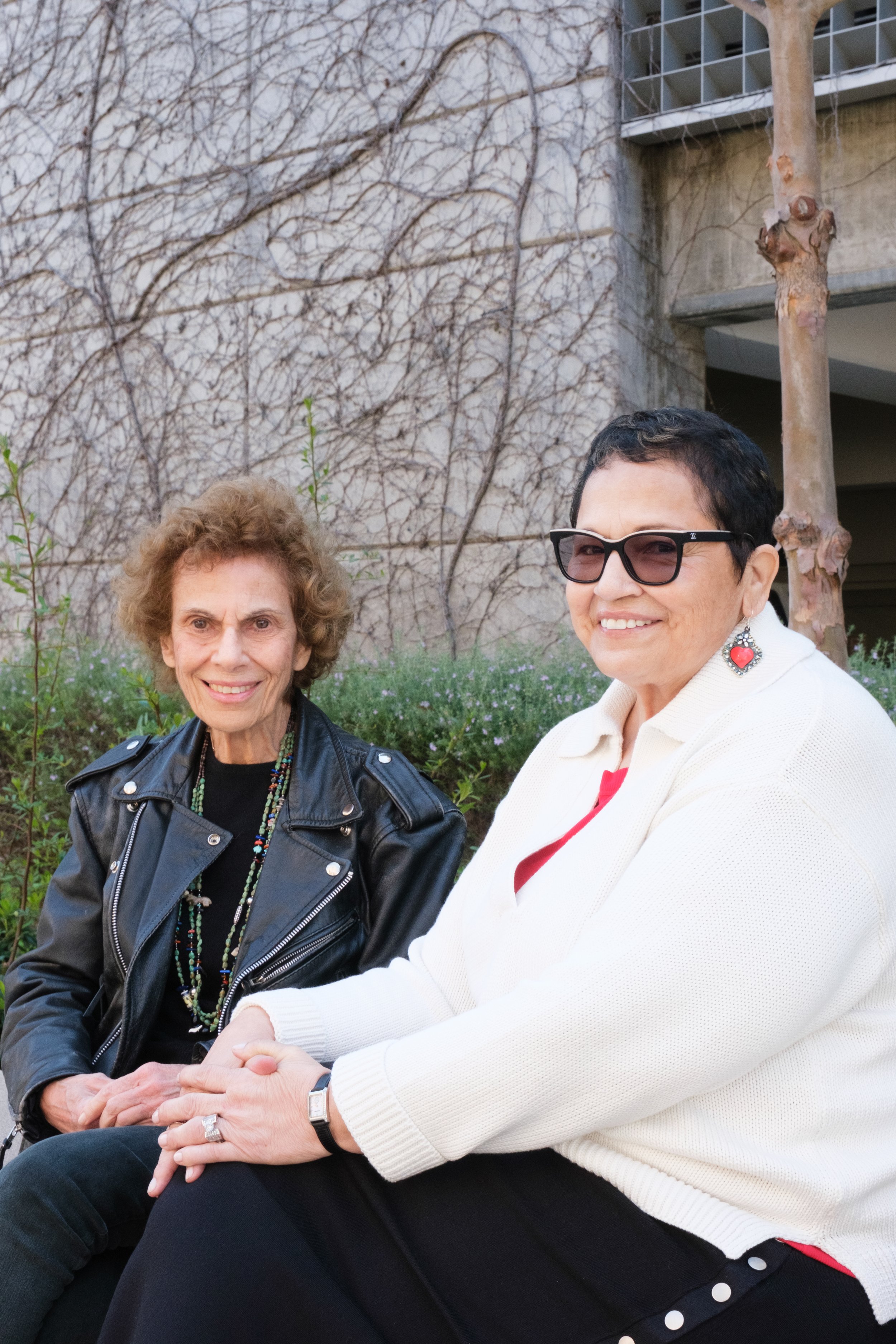
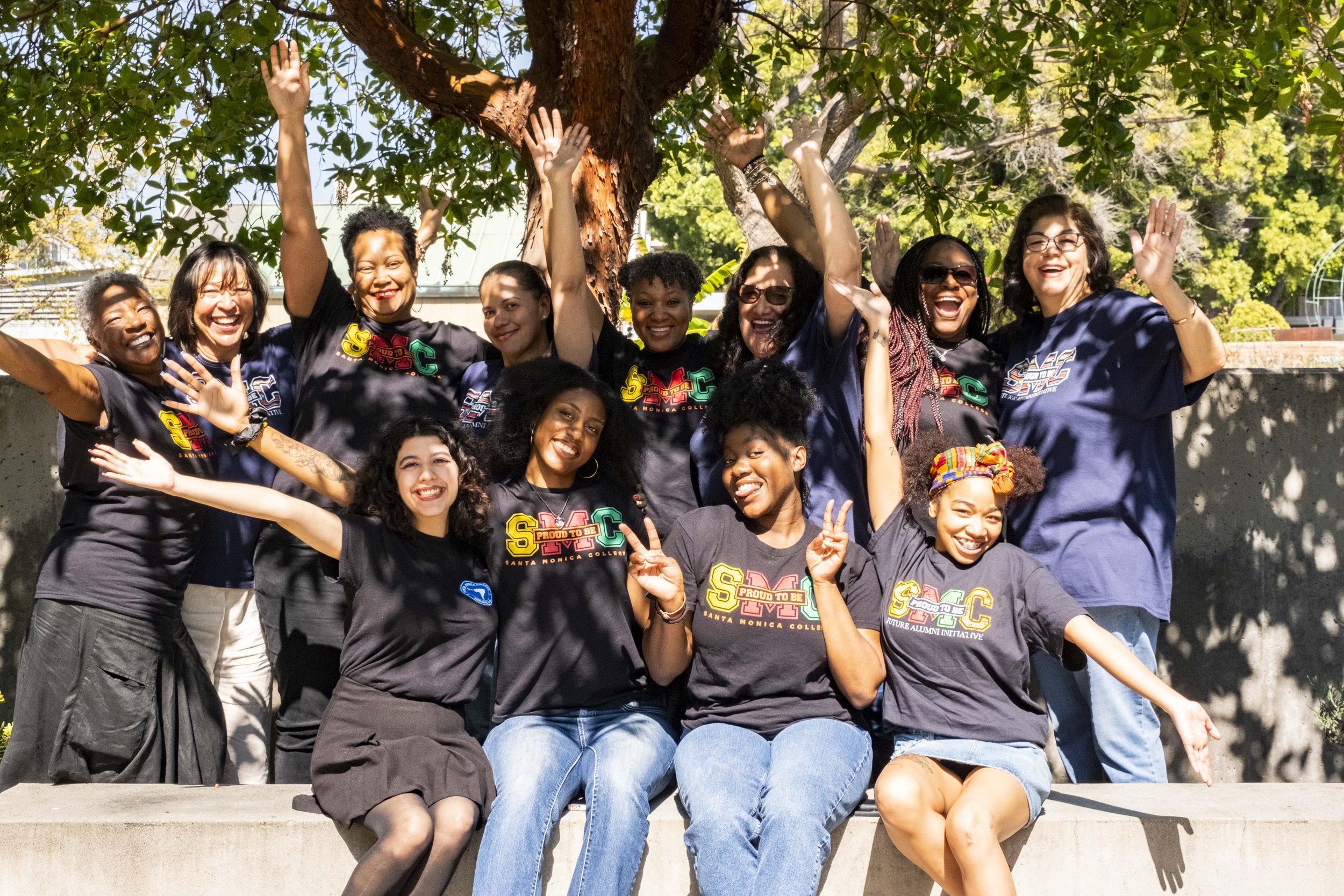

As Women's History Month draws to a close and is celebrated globally, it’s a time to reflect on the strides made by women in the past, present, and future. On a global scale, but also in our immediate community here at Santa Monica College (SMC), where the impact of women's contributions is seen and felt.
At SMC, the presence and influence of women in faculty, staff, Board of Trustees, and student government is a constant reminder of the societal shift long fought for by women and continues to be. This shift is not just about representation but about breaking barriers and rewriting historical limitations that once hindered women from these positions of influence and power.
The impact of women at SMC cannot be overlooked with the significant representation of women across all levels of the institution. From the classroom to the administrative offices, women are not merely present but actively engaged, shaping the academic environment and institutional policies.
In lecture halls and laboratories, women educators bring diverse perspectives, and their contributions extend beyond creating and teaching curriculum; they serve as mentors, guiding aspiring minds and nurturing future leaders.
According to the SMC’s Diversity Report, as of Fall 2023, most academic administrators identifying as female represented 64.4% of the total. Additionally, representation of women among full-time faculty at SMC stands at 57.3%, with the sex/gender breakdown.
The Board of Trustees tasked with overseeing SMC showcases a strong representation of women. Three of the seven seats on the board are held by women, and Dr. Margaret Quiñones-Perez serves as chair.
Their presence highlights progress in inclusive decision-making and the recognition of the invaluable insights women bring to the table.
Furthermore, within the student government, women stand tall as advocates for student rights and voices of change. Women hold ten out of the sixteen positions to which they have been elected by their peers.
These female leaders champion initiatives that promote inclusivity, diversity, and student welfare.
SMC's student body is incredibly diverse. Individuals come from various backgrounds and corners of the globe, each facing unique struggles to obtain their education. When asked about whether they believe female representation is important on campus, many students expressed their perspectives:
"For me, personally, I don't think I'd be in college without the support of the female faculty. I've been to other colleges, and it's also mostly women on staff, whether it's counseling, student government, or professors. I hate to be stereotypical, but women have this nurturing ability, and it's that emotional support that has gotten me through a lot in my college experience," remarked Carlos Castillo, a sophomore at SMC studying social sciences.
"Definitely! Sometimes, the male professors can be a lot more intimidating and hard to approach, but I find that with the female professors, I don't have that problem. It’s not always the case. Still, since I've been at the college, that's been my experience," shared Jose Garcia, a junior at SMC.
Yet, as the world celebrates the progress witnessed at SMC and the world, it's important to acknowledge that the work is far from over.
While the overturning of Roe v. Wade impacts women's reproductive rights and access to safe and legal abortion nationwide, women in Iran are fighting for the removal of the mandatory hijab law in Iran, enforced since 1979. The legalization of genital mutilation of women in the Gambia and Femicide is on the rise globally. It is important to recognize the responsibility we all have as women to continue breaking barriers.
However, amidst these challenges, there are voices of inspiration and encouragement. Ashanti Blaise Hopkins, interim associate dean for the Center for Media and Design at SMC and the first Black woman ever elected as president of the Society of Professional Journalists, recently delivered an empowering message at a conference in San Diego. She urged individuals who find themselves in spaces where historically they aren't the majority to "take up space" and use their voices. "Do not be afraid to be your authentic self, and don't be afraid to be the first," she emphasized. Hopkins acknowledged the daunting nature of being a trailblazer but highlighted its significance in setting examples for others with similar backgrounds and experiences.
The road to gender equality in society is difficult and marked by struggles and victories. However, as the world commemorates Women's Month, remember to celebrate the achievements of the women at SMC and beyond. Their contributions serve as a sign of hope and inspiration towards a more equitable and inclusive future. This important work reaffirms their commitment to supporting women in education and leadership, recognizing that their success is a success for all.



